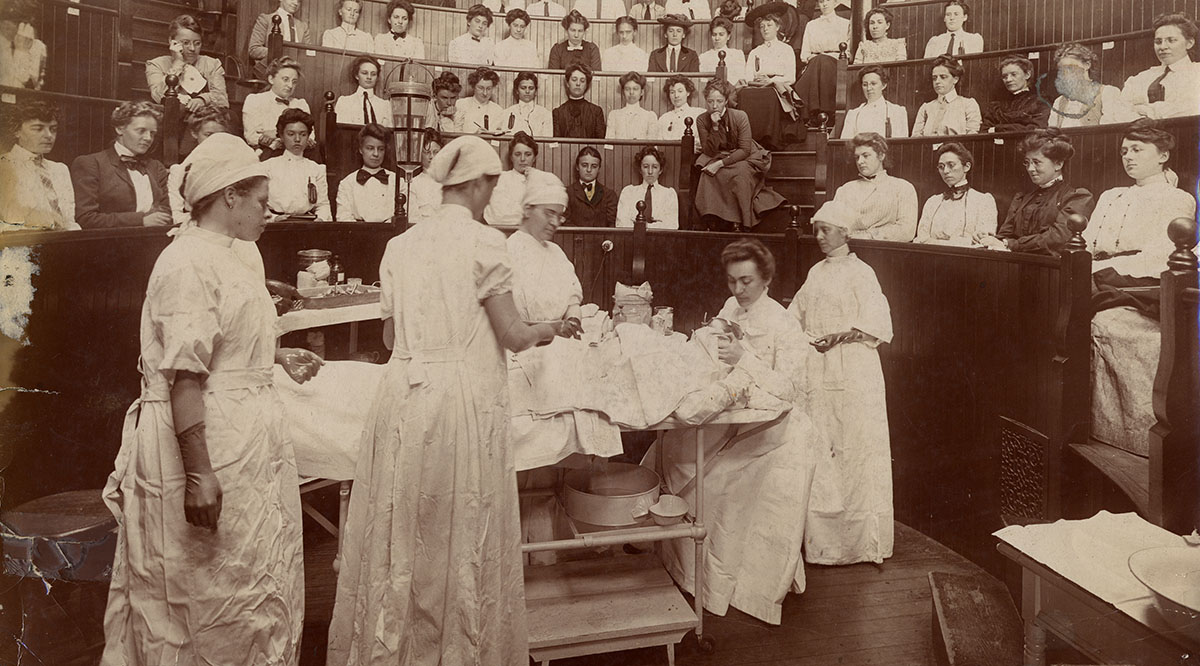
FAQ About Women in the History of Medicine
Women in the History of Medicine
2 years ago | gizem
Who was Barbara McClintock, and what did she discover in genetics?
Barbara McClintock was an American geneticist who made groundbreaking discoveries in the field of genetics, particularly in the area of transposons, or "jumping genes." Born on June 16, 1902, in Hartford, Connecticut, and passing away on September 2, 1992, McClintock's research revolutionized our understanding of how genes are controlled and regulated. Here are her key contributions:
- Discovery of Transposons: McClintock's most significant discovery was the identification and characterization of transposons, which she initially referred to as "controlling elements." She found that these genetic elements could move within an organism's genome, causing changes in gene expression and function.
- Corn Genetics: McClintock conducted her groundbreaking research on maize (corn) genetics. She observed and documented the movement of transposons within the maize genome and the resulting phenotypic variations in corn plants.
- "Ac" and "Ds" Elements: McClintock identified two specific transposons in maize, the "Activator" (Ac) and "Dissociation" (Ds) elements. She found that the Ac element could activate the movement of the Ds element within the genome, leading to changes in corn kernel color and other traits.
- Inheritance Patterns: McClintock's work challenged conventional ideas about inheritance. She showed that transposons could disrupt and rearrange genes, leading to novel genetic variations. Her research provided insights into the dynamic nature of genomes.
- Controversy and Recognition: McClintock's work was met with skepticism initially, but her discoveries were eventually recognized as groundbreaking. She was awarded the Nobel Prize in Physiology or Medicine in 1983 for her pioneering research on transposons.
- Impact on Genetics: McClintock's discoveries had a profound impact on the field of genetics. Her work laid the foundation for the study of genetic regulation, genome stability, and the role of transposons in evolution.
- Scientific Legacy: Barbara McClintock is celebrated for her scientific perseverance and her willingness to challenge existing paradigms. Her research on transposons has opened up new avenues of study in genetics and has applications in fields such as genetic engineering and biotechnology.
